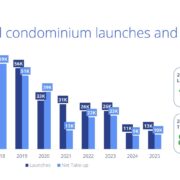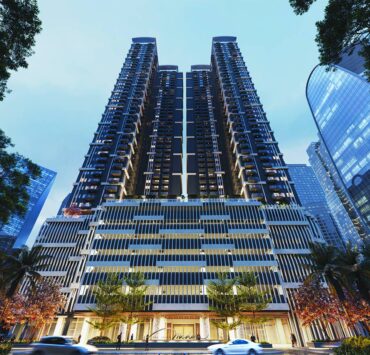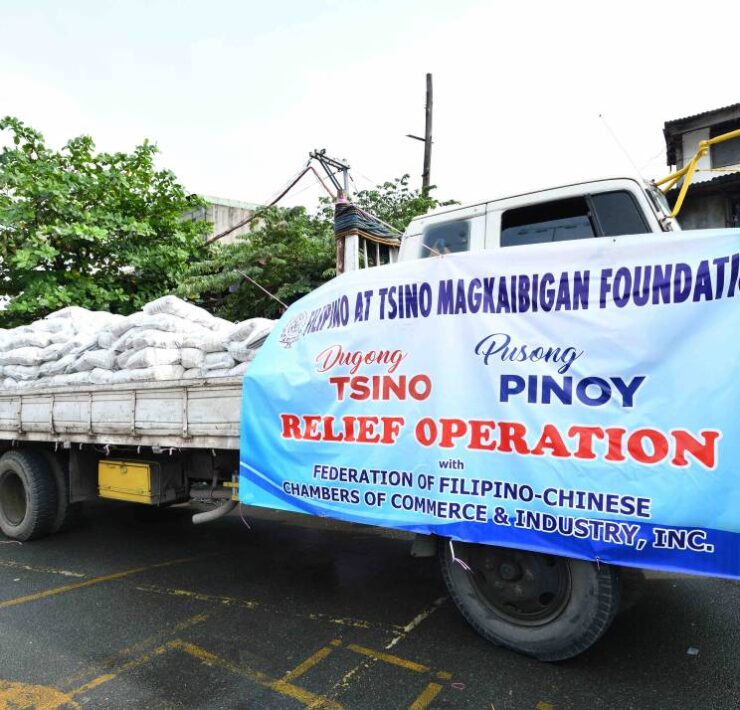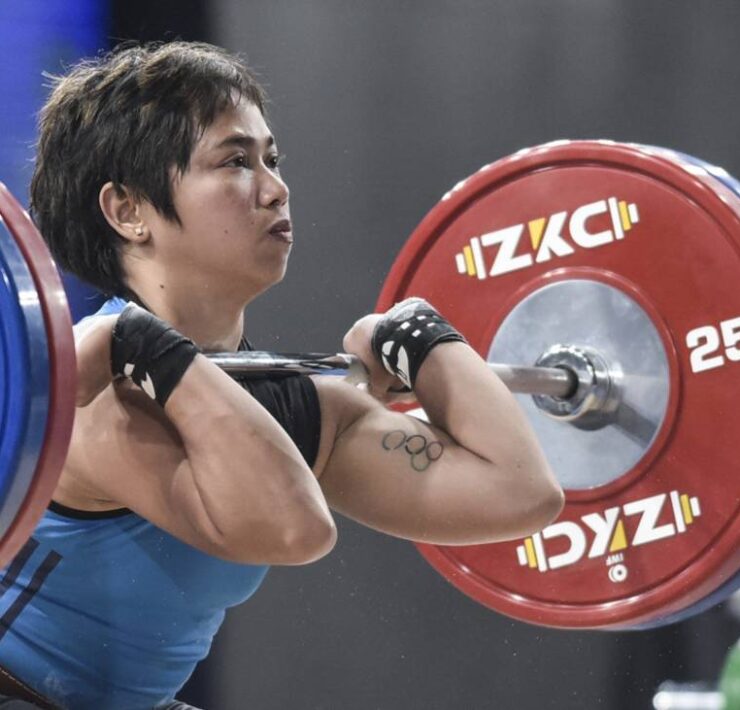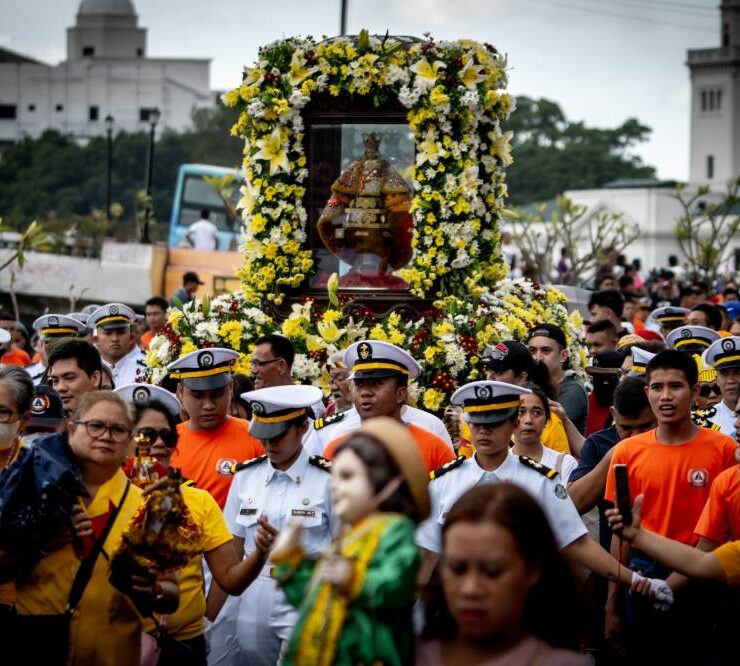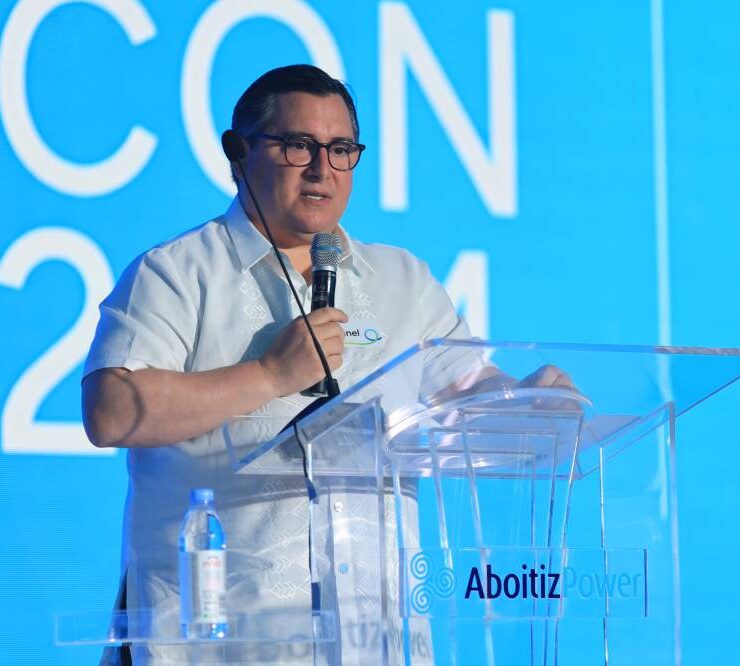Building homes, spreading hope
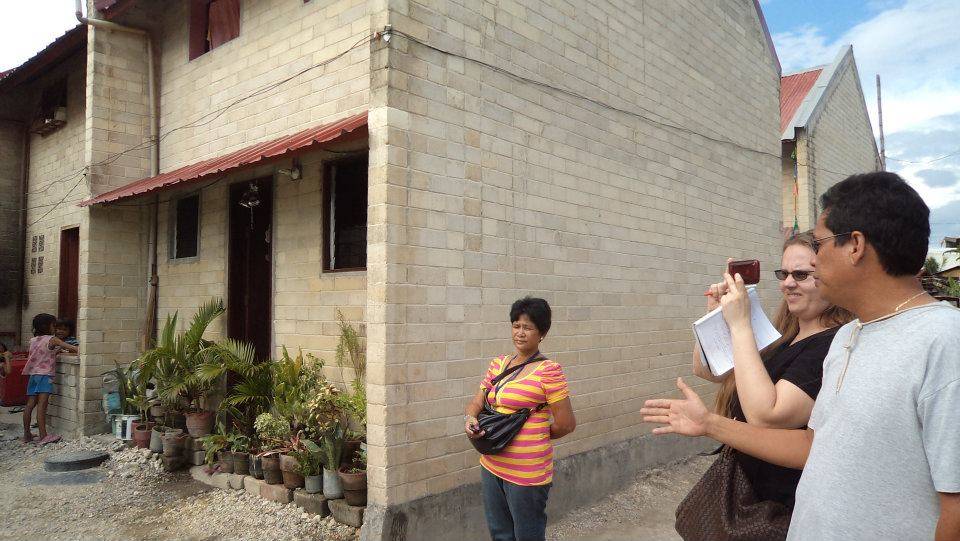
With a population nearing 116 million, the Philippines is unsurprisingly facing a growing housing shortage.
The marginalized, in particular, struggle to find safe, secure, and permanent housing. Drawn to cities by job opportunities, they often find affordable, quality housing increasingly elusive.
Many thus choose to live in informal settlements that lack access to potable water, stable electricity, and other basic needs. Others settle with relatives and friends, often resulting in cramped quarters that become dangerous in times of catastrophes.
The government tries to address their needs, but sometimes, the response may feel inadequate. To whom can the marginalized turn for help?
Non-governmental organizations (NGOs) may be the answer. They help bridge the gap between the marginalized, the government, and private companies willing to help out. From disaster risk reduction to security of tenure, these groups dedicate their time and effort to making quality homes a reachable dream for all.
Let us explore some of the local NGOs that have made a significant impact in improving communities today.
Homeless People’s Federation Philippines Inc. (HPFPI)
A large-scale community federation, the Homeless People’s Federation Philippines Inc. (HPFPI) focuses on organizing low-income savings groups to strengthen the implementation of their advocacies.
The group aims to help the marginalized acquire security of tenure, achieve improved living conditions, find economic opportunities, and ensure protection of their human rights. Formed in 1998 and originally focused on Payatas, Quezon, the organization brings together professionals, volunteers, and community leaders to address issues.
The Federation has three regions: Metro Manila, Visayas, and Mindanao. It primarily serves urban communities and emphasizes savings as the means to help people become emancipated from poverty.
A revolving community fund is managed by the group to help members start businesses, survive emergencies, and improve their homes. The HPFPI group has been commended for helping establish the Payatas Urban Poor Development Fund, among other projects. HPFPI also works with other NGOs to ensure that various needs of the community are met adequately.
It currently manages various groups of NGOs dedicated to assisting the urban poor under its wing, such as TAMPEI, PACSII, and LinkBuild Inc. These groups all form a large network called the “Philippine Alliance” that collectively aims to address issues with regard to housing, land, and security of tenure.
(Source: “Meet the Philippine Homeless People’s Federation”, A Publication of the Philippines Homeless Homeless People’s Federation, November 2000, accessed via http://achr.net/)
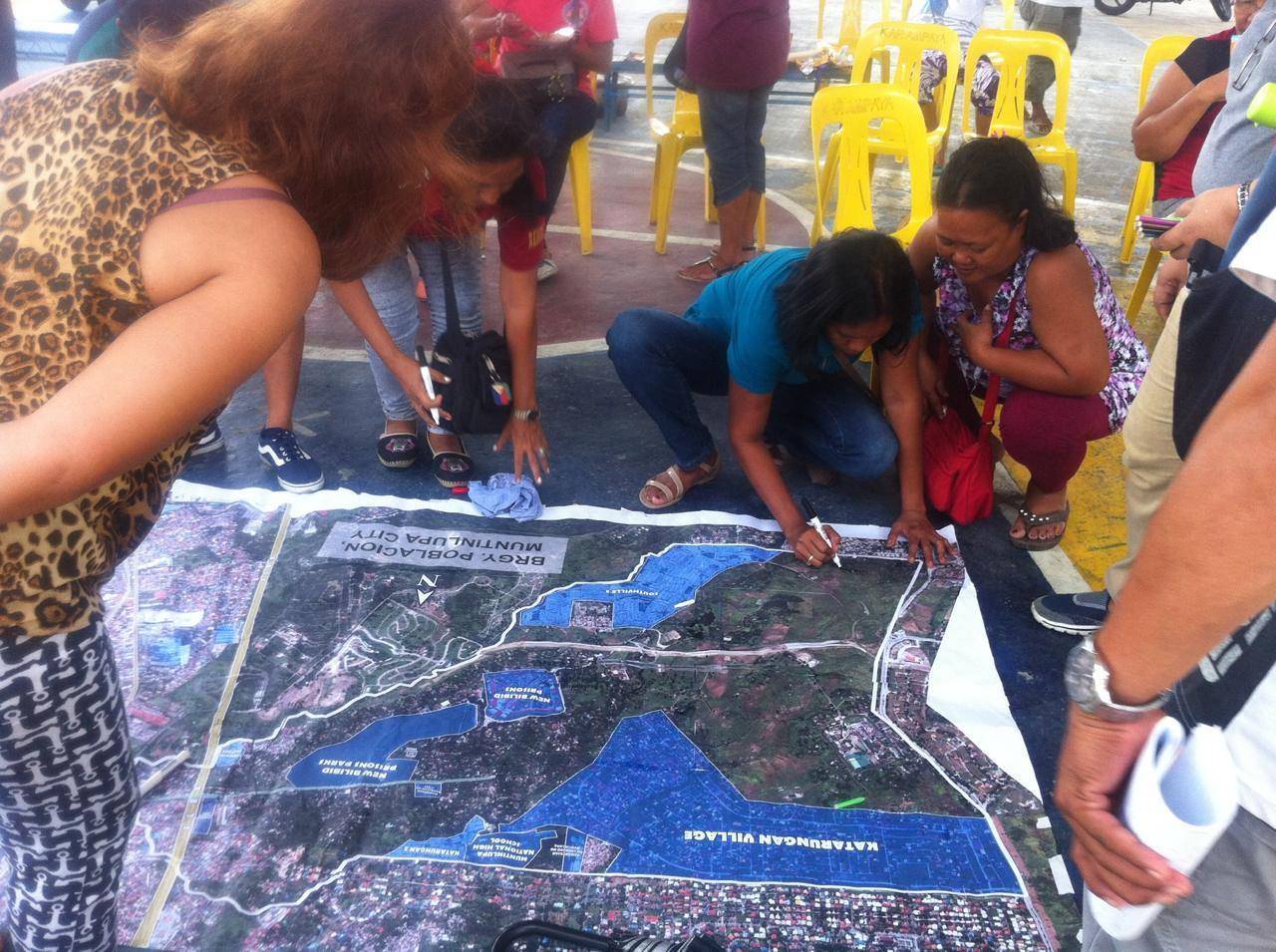
Technical Assistance Movement for People and Environment Inc. (TAMPEI)
Considered the technical arm of the Philippine Alliance, TAMPEI focuses more on the engineering, architecture, and planning procedures for communities.
While HPFPI takes care of the savings schemes and community mobilization, TAMPEI facilitates site planning and housing design workshops. These community discussions are part of the people’s planning approach, which involves end-users directly in pre- and post-construction procedures.
Besides workshops, TAMPEI provides direct support in the planning and implementation process of projects. It also conducts research to propose alternative materials and technologies as a solution to budgetary constraints. By involving technical professionals in the implementation of socialized human settlements, the needs of marginalized sectors are considered and given adequate, long-term solutions.
The group also conducts tie-ups with academia to discover innovative solutions and enforce community-driven planning. Some of its recent projects include the creation of a citywide community mapping exercise in Muntinlupa City and the development of a framework for resilient and green human settlements in partnership with UN-Habitat Philippines.
(Sources: https://www.tampei.org/, Ruel Tinong Orcajada and Arch. Louie Posadas of TAMPEII)
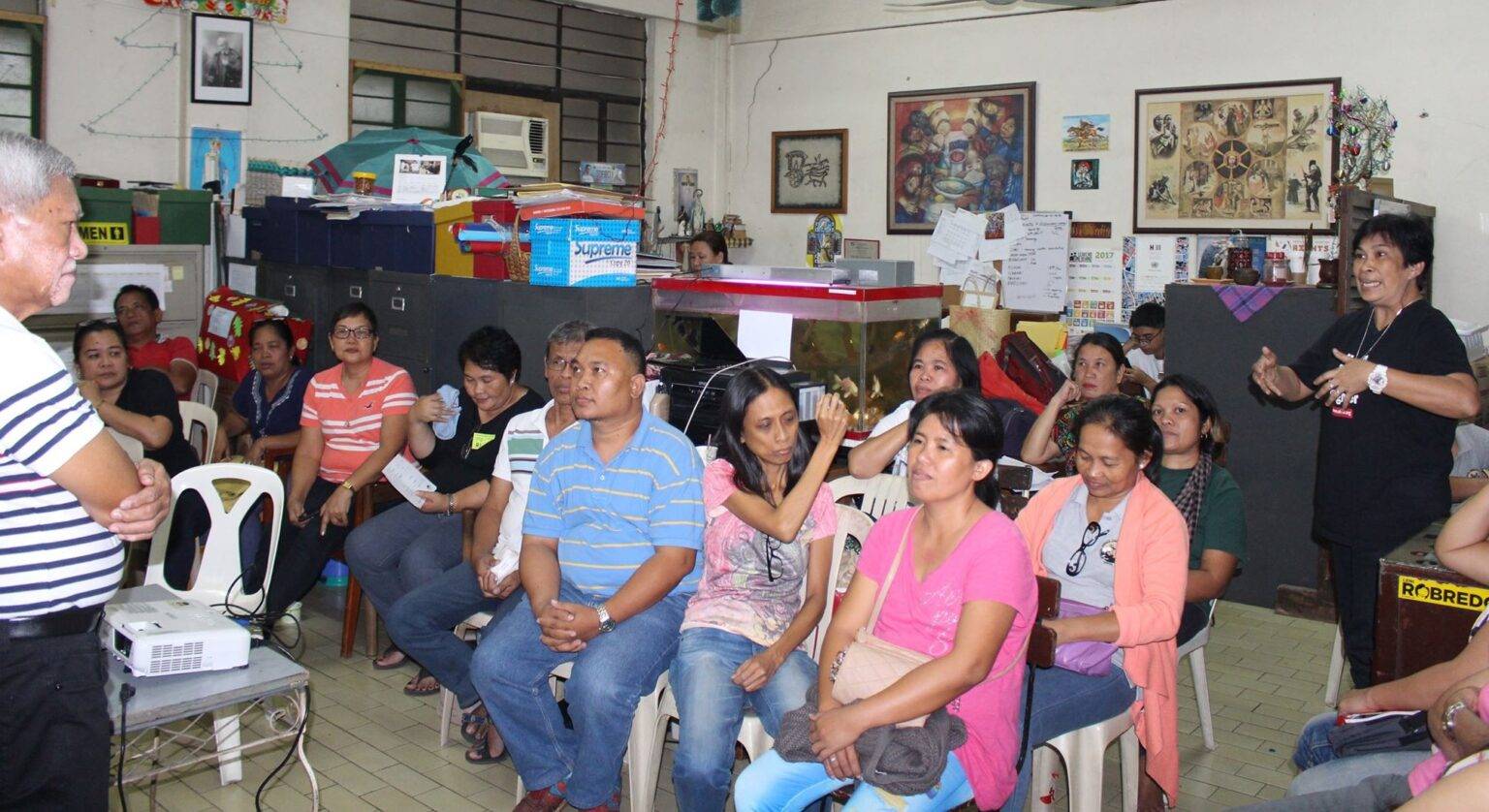
The Philippine Action for Community-Led Shelter Initiatives Inc. (PACSII)
Officially formed in 2002, PACSII is officially the “intermediary support” institution serving members of HPFPI. It serves as the Secretariat of the large organization.
In particular, PACSII handles the documentation, fund sourcing, and other legal aspects of HPFPI’s projects. Like its partner groups, PACSII aims to empower marginalized communities to become independent, informed, and safe in their homes. Security of tenure, disaster resilience, and ecological sustainability are also given emphasis in PACSII’s approach to each project.
PACSII was formed primarily to help the marginalized community of Payatas, Quezon improve their domestic situation.
Giving emphasis to community-led planning and development, PACSII provides the support informal groups need to legally execute procedures in relation to housing, livelihood development, enterprises, and other community projects.
(Source: https://pacsii.org)
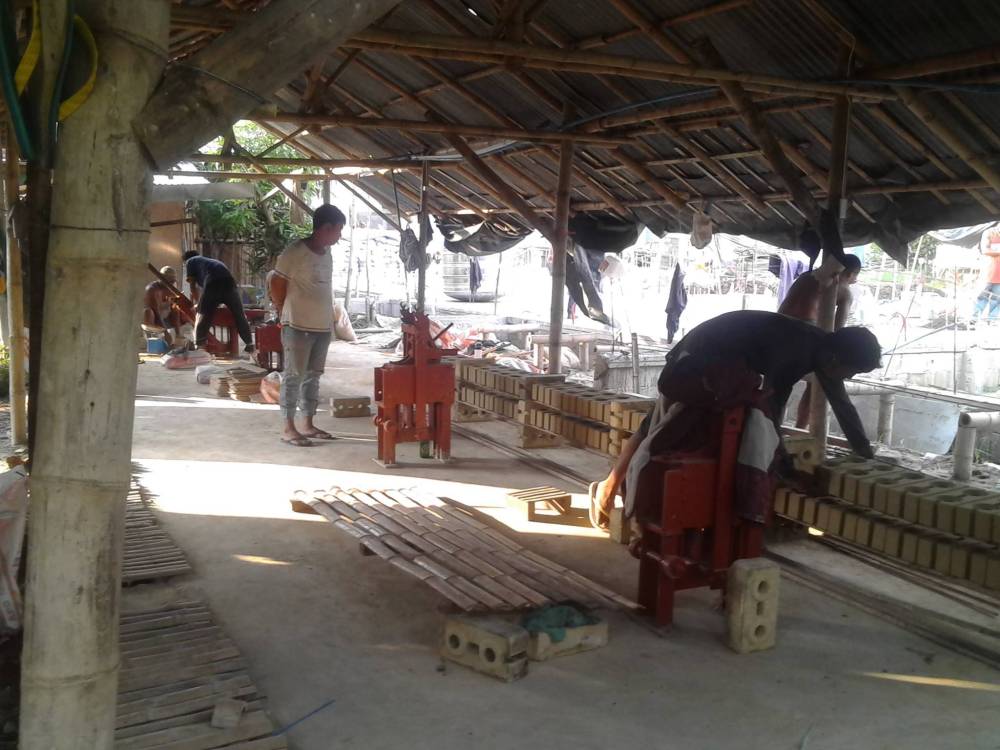
LinkBuild Inc.
One of the newest members of the Philippine Alliance, LinkBuild Inc. focuses on the social aspect of community transformations.
This particular group implements the Philippine Alliance’s initiatives to scale. Since 2014, it has been handling the delivery of homes and provision of land to marginalized sectors. It also conducts studies to identify innovative housing solutions like mixed-income housing projects that would benefit more families.
Similar to other members of the Philippine Alliance, LinkBuild aims to adopt a community-led approach to projects. End-users themselves are encouraged to be involved in every step of the planning, funding, and implementation process to empower them and help them embrace the results.
One successful venture undertaken by LinkBuild is the use of interlocking compressed earth blocks (ICEBs) in lieu of the traditional concrete hollow blocks to help reduce construction costs. Besides its efficiency, the alternative material provided a means of income to community members hired for its production.
(Source: https://www.linkbuildpa.com/)
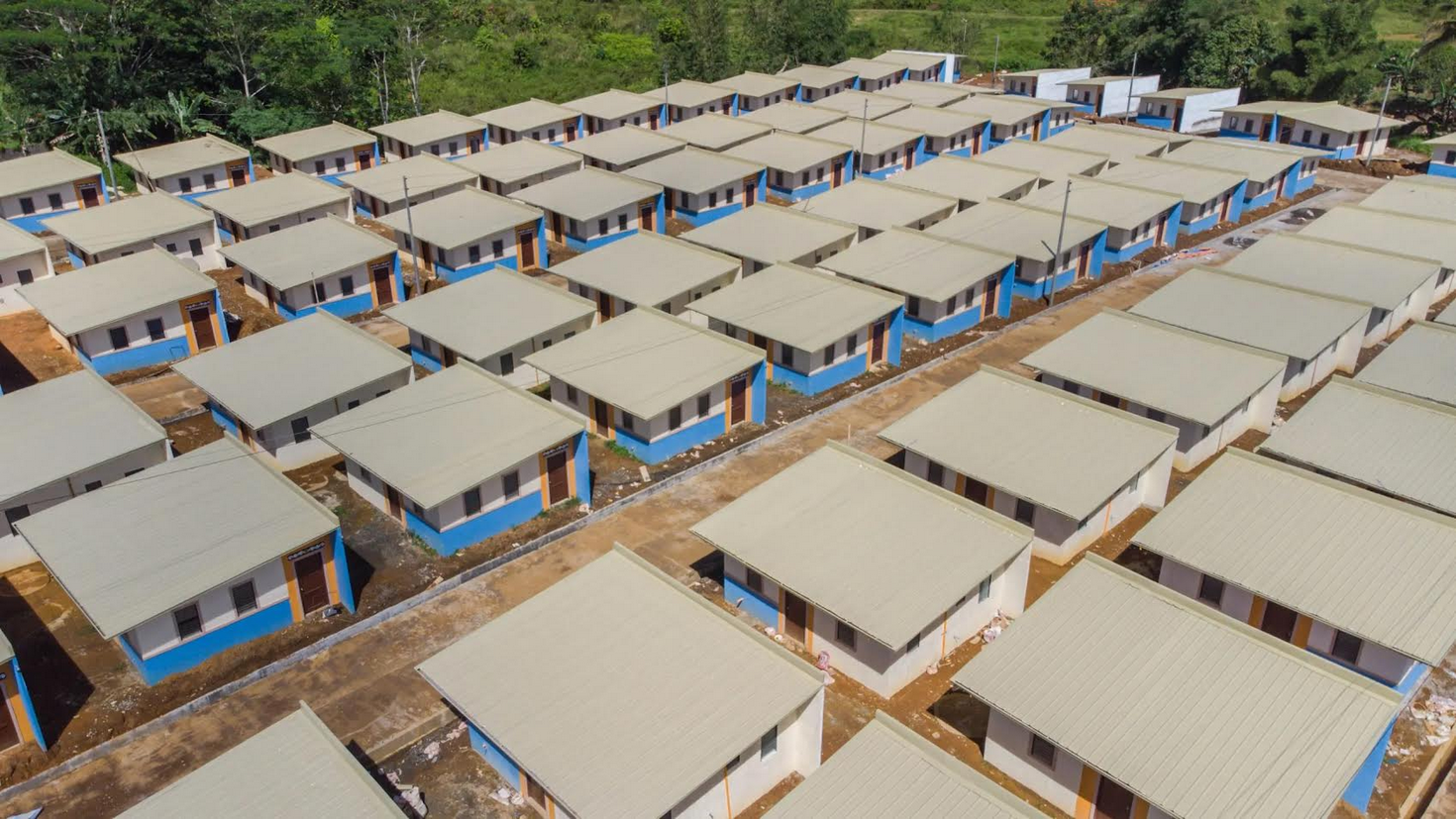
UN Habitat-Philippines
Established in 2001, UN-Habitat Philippines serves as the local arm of the international humanitarian group United Nations Human Settlements Programme (UN-Habitat). It helped implement UN programs centered on good governance, environmental sustainability, and basic social services at its inception.
Nowadays though, the group primarily focuses on supporting national priorities on urban development and housing.
Working with local government units (LGUs), UN-Habitat Philippines tries to address different issues of urbanization. It touches on climate change, marine litter reduction, resettlements, and land use policies in its goal to “strengthen capacities of communities.”
Some of its notable projects include the provision of permanent shelters and livelihood support to the victims of the 2017 Marawi Siege, Building Climate Resiliency through Urban Plans and Design (BCRUPD), and the Provincial Climate Risk Diagnostics (PCRD) Project.
UN-Habitat Philippines also produces publications to help disseminate knowledge on sustainable developments and localization of UN goals. Gathering support from both the private sector and international donors, UN-Habitat Philippines allows all individuals to play a part in improving communities across the country.
(Source: https://unhabitat.org.ph/)
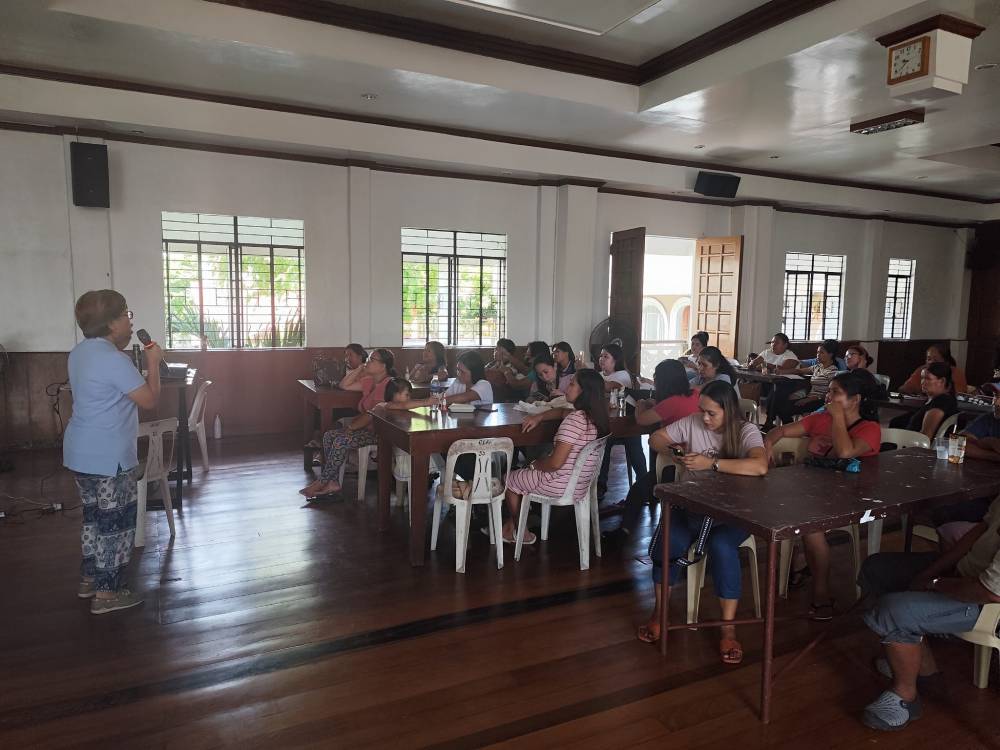
Alterplan
Established in 1990, Alterplan is a technical-oriented group that advocates participatory planning. It was created by a couple of female architects who wanted to ensure support for marginalized communities beyond design and building.
The goal is to provide the underprivileged a chance to voice out their needs and address these through the collaborative efforts of various NGOs, LGUs, and civil society groups. With its tagline “Putting P (eople) in Planning,” Alterplan focuses on community-led planning to ensure housing and urban projects adequately serve their intended end-users.
The organization conducts training workshops and seminars to educate urban poor groups in community planning. In recent years, Alterplan has helped organize activities focusing on Disaster Risk-sensitive Shelter Planning.
It also conducts research through mapping, interviews, and surveys to help carry out housing finance, solid waste management, cooperative housing development, and other housing-related concerns.
Recently, it worked with Albay-based groups to provide water accessibility and distribute vegetable seeds for food security in Jovellar, Albay.
(Source: https://alterplan.org.ph/)
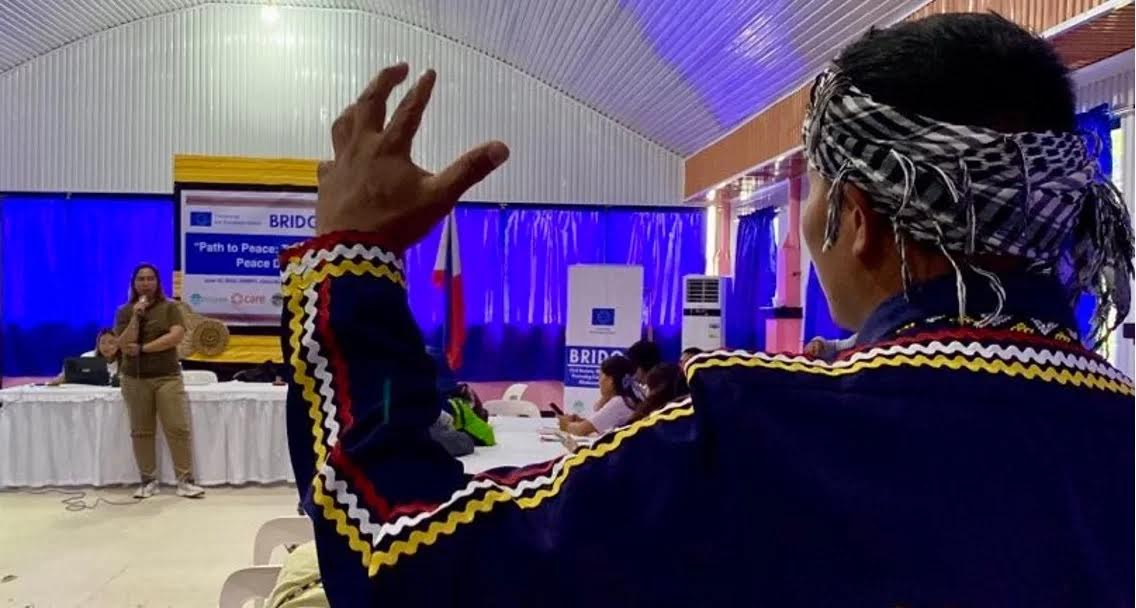
CARE Philippines
CARE Philippines–the local division of global network organization CARE International–is one with its parent organization in defeating global poverty.
Serving communities since 1949, the organization provides emergency response, gender-sensitive programs, health services, and integrated risk management to marginalized communities. While not entirely focused on housing, this humanitarian group addresses the social, political, and economic aspects of community building.
CARE Philippines respond to poverty eradication through three roles: humanitarian actions, innovative solutions, and impact multiplication. It advocates pro-poor solutions by conducting dialogues with stakeholders to modify policies and practices to benefit urban poor communities.
In particular, the group focuses on promoting anti-gender violence, reproductive health education, and other female-oriented issues. Some of its recent efforts include humanitarian aid for the victims of Super Typhoon Man-Yi (locally known as Pepito), toolkit development for more gender-responsive action plans, and facilitating peace dialogues on land rights and other issues among the indigenous Talaandig tribe members.
(Source: https://care-philippines.org/)
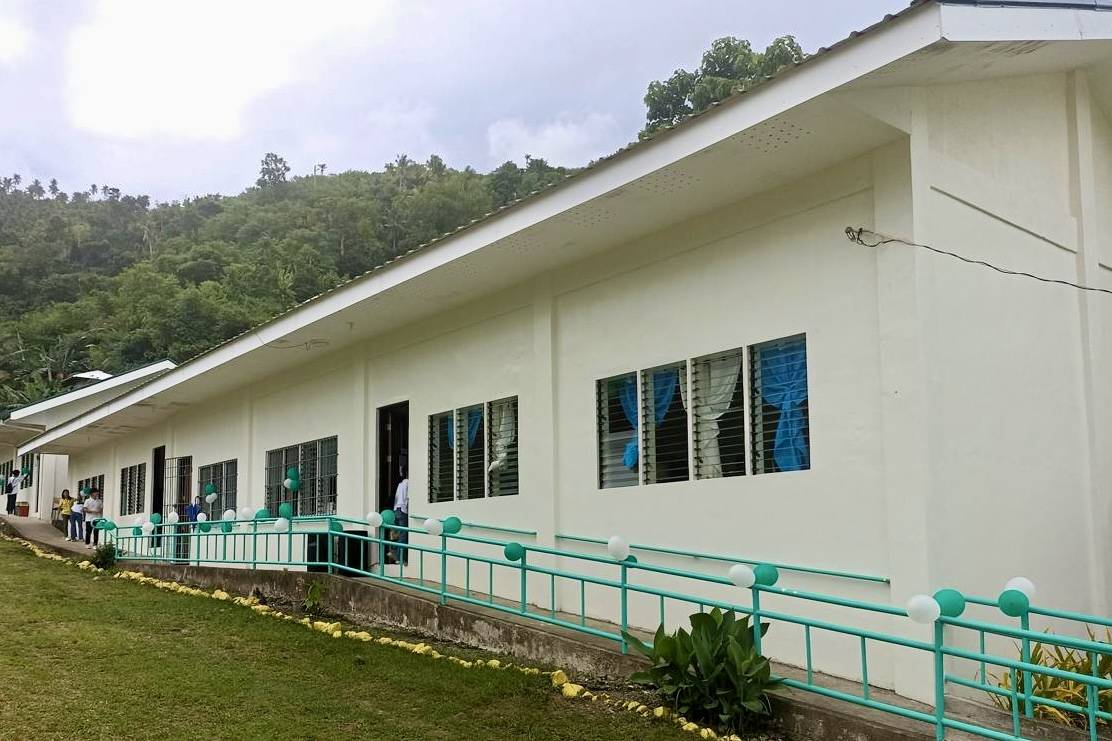
Habitat for Humanity Philippines
Originally a US-based organization, Habitat for Humanity has already reached various countries across the world since its inception in 1965.
It reached Philippine shores in 1988, with its first home in the Union Church of Manila. The group received attention in 1999 for bringing former US President Jimmy Carter and his wife Rosalynn to the Philippines to help build 293 homes in different provinces. Today, the organization has helped more than 140,000 local families repair and build their homes through the power of volunteerism.
The organization extends assistance to marginalized communities by providing livelihood training and technical assistance, and encouraging private sector support.
Its program “Panday Buhay,” for example, educates able laborers to become skilled workers through vocational certifications and job assistance. The program “BAHAYnihan,” meanwhile, hosts an online forum where representatives from the private sector discuss how they can help alleviate the housing problems in the country. Habitat for Humanity Philippines has partnered up with numerous corporate and individual sponsors to help realize its goals in various communities.
(Source: https://www.habitat.org.ph)
Engaging the marginalized
While these various groups have varying goals and methods of work, one thing is clear: They all hope to empower the marginalized sector and help them actively participate in creating solutions.
The Philippine Alliance, in particular, puts great emphasis in people’s planning–that is, a community-led approach in all aspects of each project. By involving the intended users in the planning, implementation, and post-construction procedures of their future home, they are able to communicate their needs and understand the whole process.
This also benefits the local government, associated developers, and other stakeholders as issues are addressed through facilitated dialogues.
According to Ar. Ruel Orcajada, Core Programs manager of TAMPEI, people’s planning can improve the housing situation in our country. While it can be difficult at first, involving members of the community in the whole process provides them a sense of ownership and can lower construction costs. It makes the people partners, rather than beneficiaries, of the project.
Empowering beyond donations
NGOs today have become more professional and dynamic than before because they enable the marginalized to actively seek solutions to their challenges.
From financing and planning to construction, livelihood, and enterprise creations, involving people in the hard work allows them to strive independently to improve their situations. This emboldens them and actually makes the whole planning easier, with needs communicated and solutions agreed upon.
While volunteerism and donation drives remain crucial in social work, organizations today focus on finding long-term, sustainable solutions to challenges faced by marginalized communities.
Beyond building homes for the poor, many NGOs push for security of tenure to enable communities to settle permanently in land where they can thrive and become productive. Community members, for their part, are provided various financing options to allow them to earn and own their places of living.
Rather than just dolling out donations, NGOs such as HPFPI provide loan options and revolving fund schemes to empower communities.
Overall, NGOs play a crucial part in improving the housing situation and community welfare of marginalized communities across the country.
By empowering people through community-led planning, affordable financing schemes, and technical workshops, NGOs pave the way for everyone to become active participants in problem-solving.
While the housing sector in our country continues to face challenges, NGOs may just be able to provide the means for various sectors to work together and arrive at sustainable, effective solutions for everyone
A Filipino architect who has a Master's Degree in Interior Design of Commercial Spaces from IED Barcelona, Spain and with twelve years' worth of experience under the tutelage of Filipino architectural firms.













